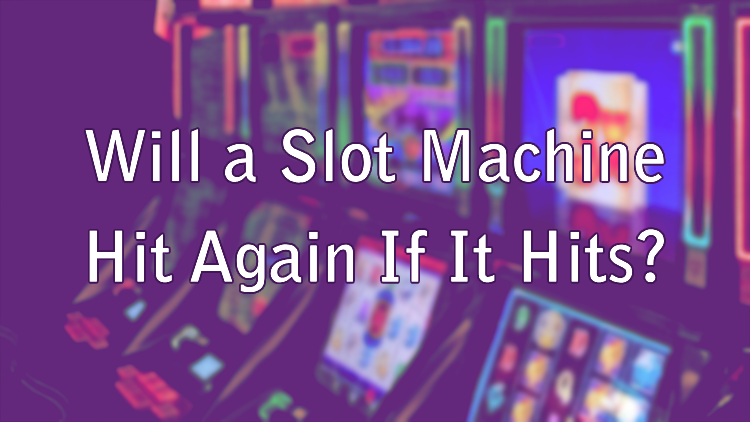
There are some questions that go through the minds of all slot players at one time or another, questions such as "If a slot machine hits, will it hit again?" or "Can you predict when a slot machine is going to hit?"
Here at online slots site Wizard Slots, we explore this topic, debunking prevalent myths and misconceptions and revealing the truth behind these games of chance.
What Triggers a Slot Machine To Hit?
All outcomes on a slot machine are determined randomly, thanks to the Random Number Generator (RNG).
The RNG produces millions of number sequences per second, rendering it impossible to predict the outcomes. Also, the RNG doesn't take previous results into account. Therefore, regardless of whether a slot machine has just paid out a jackpot or hasn't paid out for several days, each spin is an independent event and has the same odds of being a potential winner.
While there are several myths and misconceptions circulating about indicators of an imminent jackpot win, none hold true. Whether it's the belief that the reels wiggling signifies a big win around the corner, or the assumption that a machine full of coins is bound to pay out soon, these theories have no basis in reality.
Each spin is entirely random and independent, meaning past results bear no influence on future outcomes.
How Many Times Do Slot Machines Pay Out?
Slot machines do not have a set payout amount or schedule, so there is no real answer to this.
Several factors influence the frequency of jackpot wins, such as the slot's Return to Player (RTP) percentage, its volatility, and the size of the jackpot.
The RTP is a theoretical percentage indicating how much a slot may pay back out to players over a long period of time. Jackpot slots typically have a lower RTP rate to balance the potential for larger wins than other slot games.
Volatility, on the other hand, provides an indication of how a slot may theoretically behave, particularly in terms of win frequency and size. For instance, high-volatility slots may pay out less often, but if they do, the wins tend to be larger. Low-volatility slots are more likely to award smaller, more frequent potential wins than higher-volatility slots.
Jackpot slots tend to have a higher volatility rating.
These factors all point to how often a slot may payout, but it's important to remember that they are theoretical indicators calculated from a very large sample of spins. Due to the randomness of slot games, there's no guarantee that your sessions will reflect the slot's RTP or volatility rating.
Do Slot Machines Slow Down Payouts After Hitting Jackpot?
It's a common belief that slot machines slow down payouts after hitting a jackpot. However, this is not the case. The RNG within slot machines ensures each spin is independent of the last, with no correlation between past and future payouts.
Essentially, as soon as a winning round ends, the RNG has no idea that you just won. Every spin is like a new start, and the chances of landing a win are the same on each spin, irrespective of the outcomes of previous spins.
Should You Play a Slot Machine That Just Paid Out?
Whether you choose to continue playing on a slot machine that has just paid out or decide to move on is largely down to personal preference. Given the randomness of slots, there's no benefit in making assumptions based on past spins.
Some players might decide to move to a different slot machine after a win, but the reasons may involve a desire to try something new, ending the session following a win, or something else. It's essential to remember that if a slot machine pays out a big win, it doesn't mean it won't trigger more payouts. Each spin's outcome is independent of the previous one, all thanks to the RNG.
Conclusion
Remember, whether a slot machine hits once or multiple times, each spin is random and independent. So the chances of landing a win on a given slot game are the same on every single spin, regardless of whether you won on the last spin or the slot hasn't landed a win in a week.
The RNG ensures fair play by producing outcomes that are random and unpredictable, making it impossible to predict when a slot machine is about to hit.
Whether you choose to stay on the same slot machine or move around ultimately depends on personal preference, as neither strategy changes the odds of the slot games. The most important thing is to gamble responsibly.
